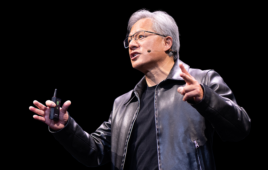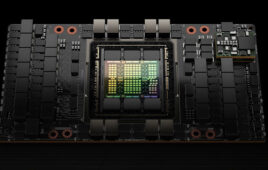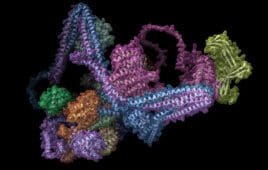In a packed panel discussion at GTC, moderated by NVIDIA Founder and CEO Jensen Huang, the architects of the groundbreaking transformer model gathered to explore their creation’s potential. The panel featured seven of the eight authors of the seminal “Attention Is All You Need Paper” paper, which introduced transformers — a type of neural network…
Denmark teams up with Novo Nordisk Foundation, NVIDIA to launch visionary AI research center
A collaboration between the Novo Nordisk Foundation, the Export and Investment Fund of Denmark (EIFO), and NVIDIA will establish a national AI Innovation Centre in Denmark focused on accelerating research and innovation in fields including healthcare, life science, and quantum computing. The initiative is led on the Danish side by the Novo Nordisk Foundation, which…
Iambic Therapeutics and NVIDIA partner to slash cancer drug development timelines
Using generative AI in drug discovery, Iambic Therapeutics (formerly Entos) has advanced its IAM1363 drug candidate from program launch to clinical studies in fewer than 24 months — a process that often takes several years. Iambic Therapeutics’ AI drug development milestone relied on an alliance with NVIDIA researchers and engineers and through the use of…
NVIDIA and AWS collaborate to bring BioNeMo AI platform to the cloud
Chipmaker NVIDIA and cloud behemoth AWS have been partnering for years, and now the two companies are announcing that NVIDIA’s drug discovery generative AI platform, BioNeMo, is now available on AWS. Additionally, plans are underway for BioNeMo to be offered on AWS on NVIDIA DGX Cloud. The alliance was announced at the AWS re:Invent event.…
Decoding the enigma of the commander complex: Employing AlphaFold2 to illuminate biological structures
Machine learning algorithms, such as Alphabet’s neural network-based model AlphaFold2, are steadily transforming medical research, shedding light on complex biological structures. A recent case in point involves research using the technology to explore the Commander complex, a 16-protein complex crucial for cellular protein transport processes. This complex is not only vital for normal cellular function,…





